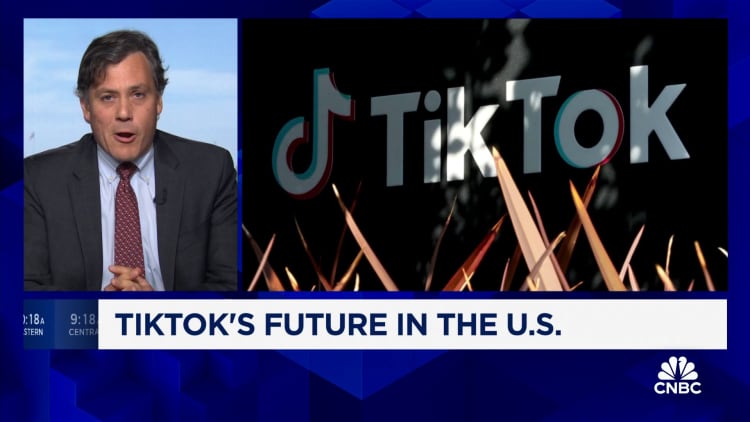
Americans continue to lead the world when it comes to prioritizing work over vacation: 53% don’t plan on using all of their time off this year, despite receiving fewer days off—just 12, annually—than any country surveyed in a recent report by Expedia.
And it may be starting to take a toll. The number of Americans feeling deprived of vacation time is at an 11-year high of 65%, according to the survey. The next highest reading—64%—was in 2021, during the height of pandemic lockdowns.
But even if more Americans are starting to lament days in the office that could have been spent on the beach, somehow they’re not as upset about it as the French are. Despite taking nearly a month off from work on average, more than any other country in the survey, 69% of French workers reported feeling “vacation deprived.”
Christie Hudson, head of public relations for Expedia in the U.S., told Fortune that Americans tend to view vacations like a “guilty pleasure.”
“Whereas the average French worker … I think the reason why they still claim to be vacation deprived is because they feel like vacation is a basic right,” she said.
Expedia’s survey found 93% of French people said that time off was a fundamental right, and 94% said it was essential to overall health and well being—compared to 83% and 86% of Americans, respectively.
Fewer Americans are buying into workaholic U.S. culture
Even after covid upended traditional work settings—and made lots of employees rethink their work-life balance—U.S. bosses have stubbornly clung to their hopes of returning to a pre-pandemic workplace. In 2023, more than 60% of CEOs said they believed the U.S. would return to the office full time, according to a KPMG report.
But Americans’ not-so-healthy relationship with their jobs has begun to shift, even if the cultural norms around work have not: 37% of millennials have taken time off without telling their supervisor, according to another recent report, and people are pulling borderline silly tricks out of their sleeves—like periodically moving their keyboard mouse to stay online—to keep up the charade.
Expedia research from 2022 also showed more people taking advantage of flexible working arrangements, according to Hudson. More workers were going on “workations,” performing their jobs remotely while traveling.
“While that flexibility is great, it wasn’t healthy, in the end,” she said. “People were finding it even harder, actually, to draw lines between being on and off the clock. It was kind of blurring the lines of being able to be unplugged completely.”
Meanwhile, people in Japan on average took only one more day off a year than Americans, but reported the lowest levels of vacation deprivation in the world—53%. In addition, rest and relaxation were top priorities for 84% of Japanese respondents, who were also more likely to take short, monthly weekend trips that didn’t eat into PTO.
The politics of work in France
France on the other hand, has long embodied the more leisurely European attitudes toward holidays and work, and debates around protecting the country’s liberal work values have been a focal point of French politics over the last few years.
In 2023, France experienced a wave of protests, strikes and even riots in response to President Emmanuel Macron’s plan to raise the minimum age of retirement for pension benefits from 62 to 64.
As the country prepares for snap parliamentary elections at the end of this month, left-wing parties have formed a new coalition called the “New Populist Front,” which is campaigning on lowering the minimum retirement age to as low as 60.
Credit: Source link














